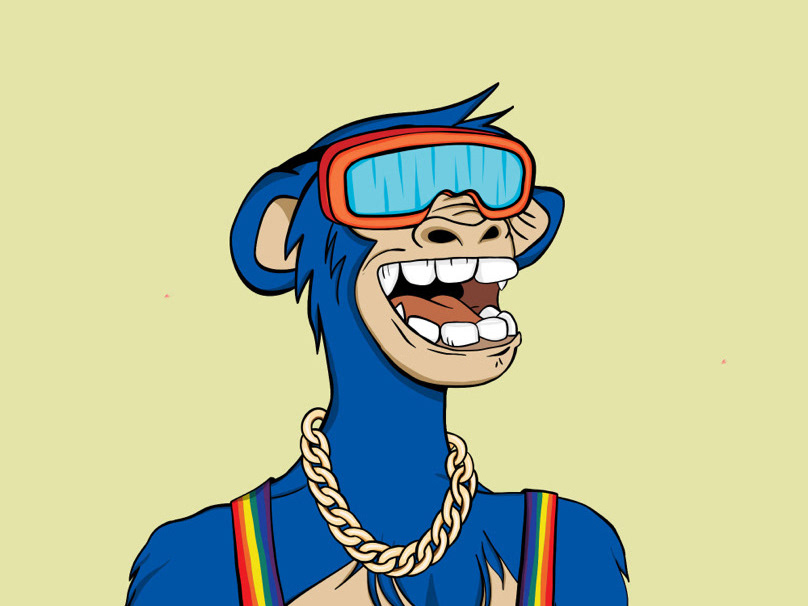Instead of judging ourselves as good or bad, successful or unsuccessful, and to see it as a set of choices, it is very comforting to separate our lives from all these. You clicked on this article because of the headline, and I'm going to tell you about the decisions I made in my own life and where they led me.
I will tell you how I did not wake up one morning and decide to become a freelancer, and the choices that led me to this path.
I'm Aynur. I identify myself as an instructor and artist. I earned my high school diploma in graphic design before completing my undergraduate and graduate degrees in art instruction. I'm presently pursuing my doctorate at the Hacettepe University Painting Department.
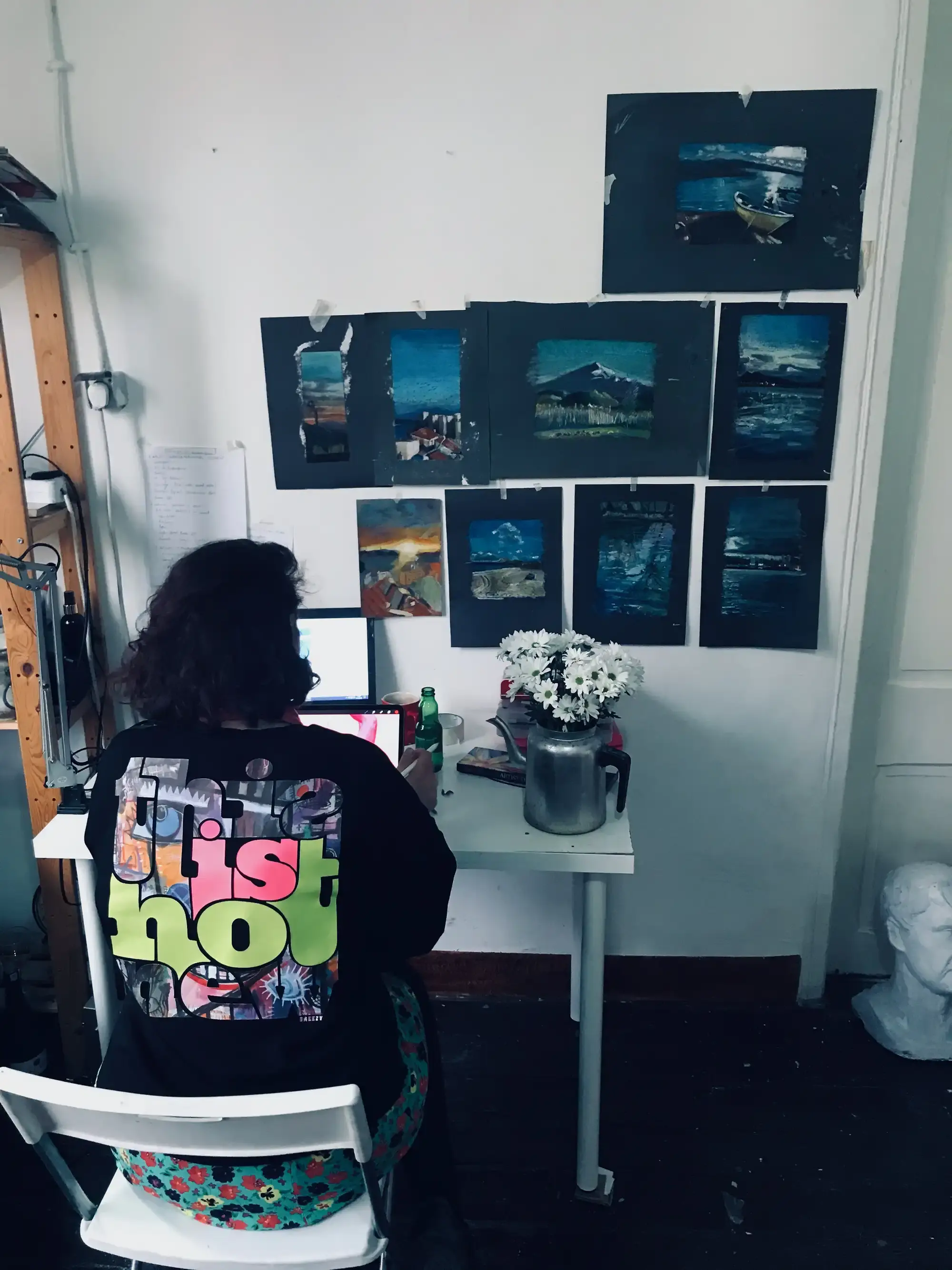
In addition to participating in online platforms as a freelancer, I continue teaching painting and art history in my workshop and attempt to help individuals who are interested in careers in areas like art consultation, graduate student coaching, and interview tactics.
Why do you want to earn money? What're your dreams?
I don't want to live for money, I want to make money for living!
really to live.
I want to travel the world, visit galleries and museums, have new experiences, pick up new skills, and support myself by creating art and sharing what I learn. I've always believed that education is better for me. I chose to graduate school as a result, and I am currently taking more courses toward my doctorate. However, various circumstances have arisen.
How did you decide to be a freelancer?
I have always alternated between teaching at an academy, public school, or private school, opening a workshop, and raising pupils because my education is in teaching. Being overeducated for private schools and having trouble hiring personnel at the academy are the results. For me, opening a workshop and offering private courses was not a long-term solution.
I have frequently questioned the validity of knowledge and education in this era known as post-modern. I just wanted to enjoy myself and get paid for the time, effort, and moral commitment I put into my work. I had a startling realization during my 15 years of art school that I had been treating my talent, effort, and investment unfairly by working in unskilled jobs and spending about 300,000 TL in six years, including student loans and part-time employment for my graduate study. I was also certain that I could no longer work in the conventional method after learning that I had some discomforts that made me different in this process, so in June 2020 I began exploring for alternate ways of working.
This is exactly how it is; How did I not wake up one morning and decide to become a freelancer! For me, it was a journey where I discovered myself and what I wanted.
29 September 2020 My accounts were created on Upwork, Fiverr, and BiOnluk. I had to act quickly and I had to do something. I had given up. I had to continue to fight for my life while attempting to comprehend my own delusions. The discomforts that set me apart throughout this time grew worse. The things I frequently encountered included not being rewarded for my efforts, disappointment, and attempting in vain. As a result, I lacked the strength and confidence to handle failing at one more thing.
Everyone compliments me on my talent; my partner actually caught me asking, "Are you applying for jobs?" and reminded him of the several things I've already attempted. I became aware that I was treating myself unfairly as a result. He assisted me in purchasing a sketching tablet by claiming I needed it. I finished installing the device we purchased in December in three to four months, began applying for jobs in March, and secured my first position in April. At first, I gave myself a monthly objective. Since setting this target six months ago, I have nearly doubled it. My first application was submitted on March 5, 2021. I got my first job on April 5, 2021. We are now in October. It's been 6 months since it started exactly.
My ideal freelancer definition...
A person who has the right to vote and be elected. (:
The things that push me to be a freelancer
I underwent a gradual change as a result of not being able to demonstrate my potential in the areas I anticipated, not being understood, trying in the wrong place and experiencing failure, the panic attacks and recurring depression that followed, and living a lifestyle that wasn't really conducive to traditional working styles. I was in the right place at the wrong time. I was making an effort to manage my worries about falling behind.
I realized that rather than making myself fit for the job, I needed to look for the job for which I was suitable.
The primary factors pushing me to become a freelancer are the flexibility to work whenever and wherever I want, the freedom to choose my employer, and most importantly, the chance to connect with people who need my abilities. I won't have to notify anyone when I have an attack.
Why export?
I have been Kadir Köymen's follower for a very long time. I gave exporting a lot of thought, but since I am a teacher, I had no idea how to go about it. I concentrated on the subject of design because I believed that there was no tangible result in the field of teaching or that I could not see it, and I wanted my work to be understood by everyone.
What is the biggest barrier during this process?
It was me!
I had the guts to make a daily mental shift and to begin again. The rest occurred when I had the guts to put aside what society and my surroundings expected of me and inquire about my own needs.
I have a good job, and kids, and I'm not married. I am a 30-year-old single lady who has recently moved into her own home, spent 24 of those years as a student, and also works with Middle Eastern art. You know what I mean.
How do I handle irregular income?
I started to think a little bit more as a result of my newly developed anxiety. I believe I need to take action and develop passive income streams. Concerns over insurance and pension issues were another worry I had. I've created a road plan for myself, and I'm taking baby steps to get there!
The relationships I forged with my coworkers are among the aspects of paid labor that I miss. Although I have worked with some excellent people, it can be challenging to find those that can comprehend, respect, or disagree with the freelance job I do.
How do I spend a day as a freelancer?
Being a freelancer necessitates a culture similar to paying employment. I struggled to adjust. In actuality, this has to do with our way of life in society as well as business culture. Since we were not taught to be independent thinkers, it was difficult for me to allocate myself because we required the help of different authorities, including our parents, teachers, and administrators. Because if I didn't, what would happen?
I can say that not only was I a freelancer, but the enlightenment of being an individual started to load into the system when I discovered that I lacked self-discipline and that I was managing my life with external incentives, or rather, I let others to govern my life.
Despite my many attempts at adaptation, I eventually realized that the most conventional approach worked, so I began to maintain an agenda. I make a bullet list of no more than four or five items from the previous day, and then I go to bed by preparing myself for the following day. I get up early and begin my day by going on a stroll with Dark (my dog). I finish my planned work and client projects while listening to the news and my favourite podcast. I then take some time for myself or, if I have some, my artistic endeavors. Reviewing the RSS bot notifications between 17.00 and 21.00 is time. I look for relevant positions, submit my applications, and carry on with my day.
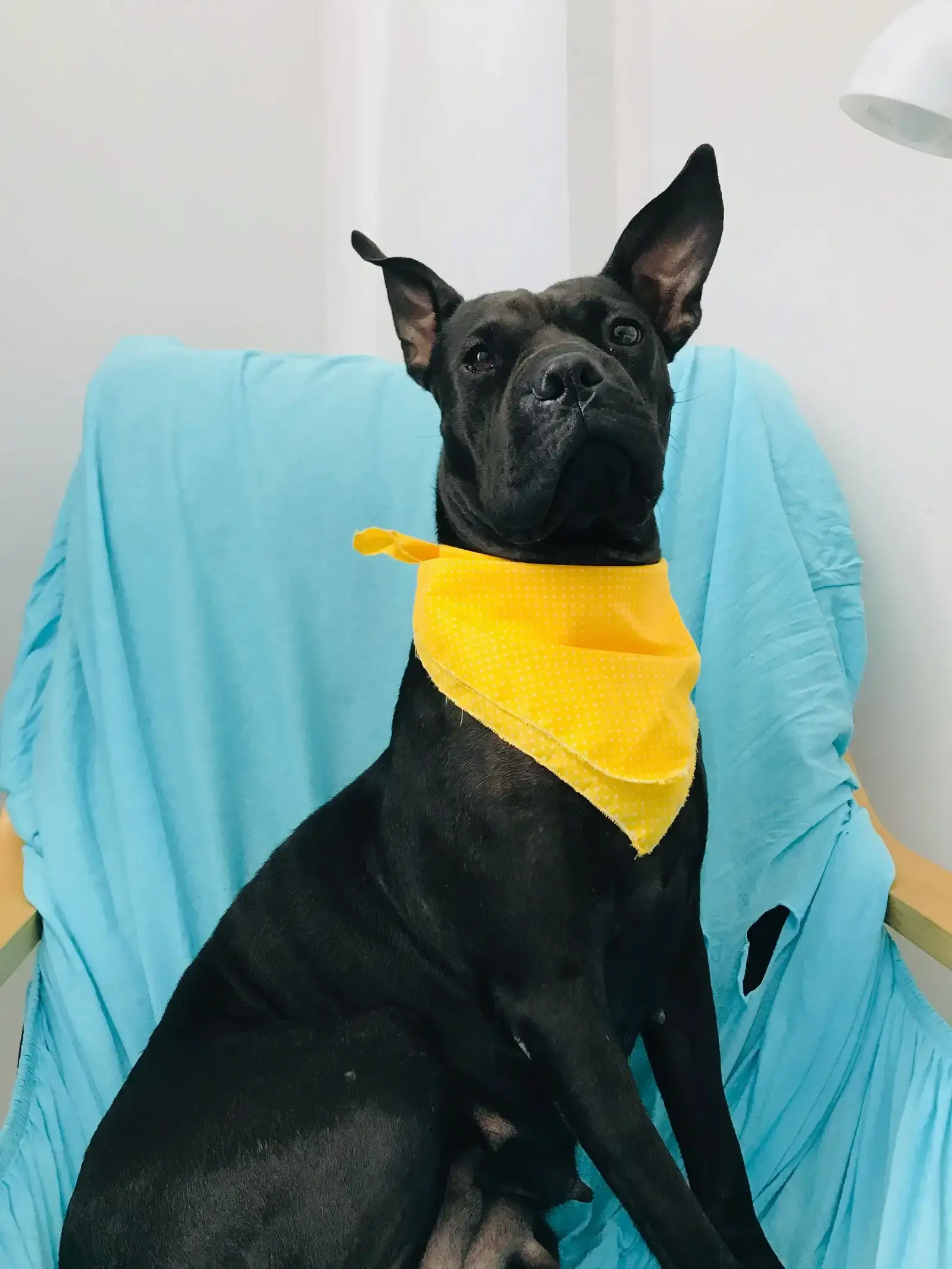
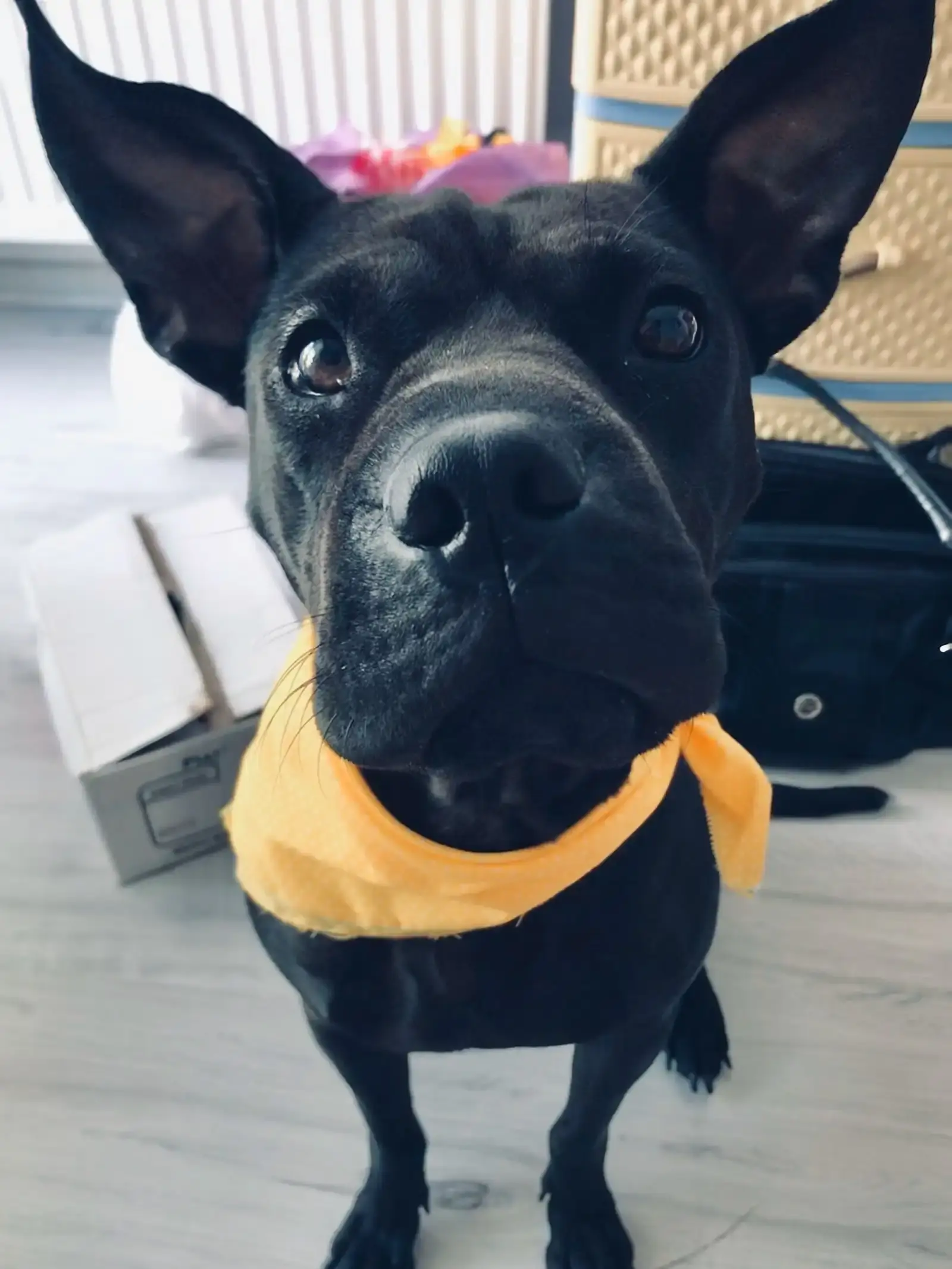
The platforms that I work at
Communication in English
One of the things I invested in when I was on the road with the intention of being an academic was English. I am harvesting its fruit now.
Which jobs that I apply for?
I chose children's book illustrations as the foundation for my work in the areas of illustration, character, and concept design. I now advance in this sector by supporting myself with online character design training, and I frequently use character design for NFT projects.
The story of my first job
For the NFT project, I was planning to create the background design. The customer's request for samples was quite apparent in the brief, but I did not have them. In order to prove my abilities, I supplied a few examples that I was confident I could complete. I also got his viewpoint by asking the proper questions. To better understand him, I even requested him to send me some of the music he enjoyed. Then it became become my custom. Almost all of my clients are now requested to share their songs with me. (:
Which clients that I prefer to work with?
His mother tongue is English and he is not in a hurry, which shapes my preferences.
Sometimes I feel frustrated with the linguistic barrier. This could come from either me or the other person. My job is made more challenging by the fact that my customers are forced to include my ideas for art or design in their briefs (form, style, narrative, etc.), and that both parties are attempting to communicate in a foreign language. This is why I give native English speakers priority.
A slow worker, I am. I gently dismiss clients with urgent business and pick those I can work with on my own time. When I work quickly, both the caliber of my work and my performance suffer. At the end of the day, you're left with an unhappy client and a project that you don't want to include in your portfolio.
It has become my tactic to make choices based on my needs.
The tactics that I use
Typically, the customer has a query upon reading the cover letter. I actually wrote the cover letter so you might ask me a question. He should be interested in what I can do for him. When the time comes, I outline the process, how many hours I'll devote to the project, and the overall budget.
Regardless of the client's budget, I provide my estimate and discount it for myself. Of course, when I do them, I don't write as if I'm flirting with them. I provide my offer in the most impressive manner and appreciate my work. My work appears fantastic and is really well-detailed thanks to programs like Notion or Figma.
The barriers to freelancing
Like everyone else, I struggled to communicate with customers, land my first job, decide how to handle negative reviews, satisfy customers, close a business, land a new position, etc. I used Freelancer Guide to quickly find the answers to these queries.
Why should I get out of bed and go to the computer? Why would they give me a job? Should I go back to what I know best? Is this job really for me? Am I enough? Can I do it? Will this work be finished on time?
The hardest thing was to stop searching for solutions to these problems and start acting during those times when I was surrounded by an anxiety cloud. I'm not re-discovering it!
There are routes taken, miles traveled, and leagues played. I came across beautiful folks who genuinely shared their stories without making it a point to be proud of it. Another positive aspect of the job is teaching others and advising them based on your own experiences.
What do I do in my bad mood?
I'm looking for the origin. By inquiring as to whether this problem is relevant to me, I'm seeking reward points. I try my feel-good routines if it doesn't work. If that doesn't work, I simply sit there and declare that this is a feeling that you must go through while creating room for your own misery. I could be angry or despondent. There is no need to keep it from others or to insist on spreading it.
I am not a manic pixie dream girl!
The points in my portfolio
To be clear, understandable, and useful.
I generated fictitious problems and considered what I might do to address them after coming up with actual answers to the question of what I can do by combining my knowledge, experience, and what I want to achieve into an intersecting set. So what type of treatment am I? To determine which tasks I can complete, I wrote a business plan. Being consistent is crucial to our business. I tried to convey that I did not perform a task accidentally, but rather regularly.
How do I prepare my portfolio?
I began by determining my background, abilities, and preferences. I considered my work to be a project rather than a task. Each has a unique input, development, and outcome. For each of my works (both artistic and commercial), I wrote a problem statement (a brief) to make it simpler to understand. I described the project's sections, my starting place, and my final destination.
Additionally, I incorporated technical details that support the story, such as explanations for the choice of colours, line style, and collage/expressive/minimal aspects. You will engage the audience if you can respond to the why-and-how questions, that is if you produce at a cognitive level as opposed to a subconscious level during the production process.
For printed portfolios, I used Indesign, Illustrator, Photoshop, Powerpoint, and Google Slides. For internet portfolios, I experimented with Behance, Wix, and Carbonmade. I ultimately made the decision to utilize Adobe Portfolio, collaborating with Behance for online Powerpoint for print media.
Targeted, plain, clear.
What do I suggest to fresh freelancers?
You can access targeted content such as identifying a niche area, being clear, do what you want, from Freelancer Guide. If I have to talk about my own experience, reading about how to be an individual, how to develop self-discipline, what are the ways to deal with anxiety, examining artist biographies and autobiographies, and taking a look at the book The Courage to Create are among the things that help me? Oh, and stay away from people who don't understand what you're doing.
What do I suggest to new graduates?
The school will teach you basic skills: What is art/design? How long and by whom? What techniques are used? Also: let's do it and see(!) is said. Schools do not promise why and how!
How the artist persona is created, the distinctions between art and design, how to land a job and follow up, interact with clients, prepare a price offer, and sell one's work, as well as copyright and confidentiality agreements, sectoral design trends, art/design psychology, business plans, revisions, and the state of the economy are all covered. I'm over saying things. These are not likely to be covered in courses or by the fine arts faculty. Fill in the blanks.
As artists or designers, we must first ask ourselves why we are performing this task. Like every other person, we require colour, line, stain, shape, texture, etc. on the inside in order to define ourselves and find our position in the world. We often employ tools. So why? When we master their utilization, what will we do? I'll tell you. You'll start by earning money. You must triumph. As long as you own the tools of the trade, which for us are paints, brushes, pens, computers, and graphic tablets, you can participate in the capitalist system. "Doing it for money" is somewhat despised in our industry. But those who were taught from a modernist perspective have passed on this grave error to us.
To paint, you must earn money so that you can continue painting because you earn it.
Otherwise, you will waste your potential and try to meet your artworks with unskilled works, which is not sustainable. I've tried.
Prior to deciding what you want to do, consider why you are in this industry. Write this, i.e., create an artist statement; you can then include it to your CV's bio section. Next, gather your work and take a look; of course, jot down your thoughts so you can decide whether these are things you want to undertake. Add up everything you've done and everything you plan to do, then group your creations in a way that you believe will best represent you. Your Z report can be found here. Keep in mind that our portfolio and CV serve as tools to represent ourselves when necessary. The simplest way to get to production tools is to create a tool that best represents you while you are gone. Regardless of an advertising agency, a gallery, a museum, a freelance platform, a school, an artist residence program, an art scholarship, or a grant-giving initiative, you will use it.
The websites for artists
You have compiled your research, but if it is not sufficient for you, you should look for strategies to advance in the field. But avoid learning about America in the process. Although it could seem like a smart idea to find all the information you require on your own, try to learn from the mistakes made by others to avoid following in their footsteps. Don't cut corners while doing this; the investment you make in yourself will more than pay for itself! You can use the websites listed below to receive further training tailored to the needs of the platform you want to use.
Portfolio websites
After you create your works, showcasing them on the best platform will provide you time, the chance to connect with other artists, and the right audience for the medium. Create representations according to the genres of your works or the gallery, freelancing site, school, or program you intend to be understood by, rather than having a single portfolio.
Nobody looks over a lengthy portfolio. In front of your audience, you have five seconds to be understood. During this time, you must develop an overview that is interesting to read and pique interest. Look over the many portfolio websites below and decide which ones are best for you.
How do I organize my desk?
My drawing tablet, computer and everything else happens on my desk. The distance that I can see my materials even when I am not using them makes me feel safe. Workshop and desks in my home.
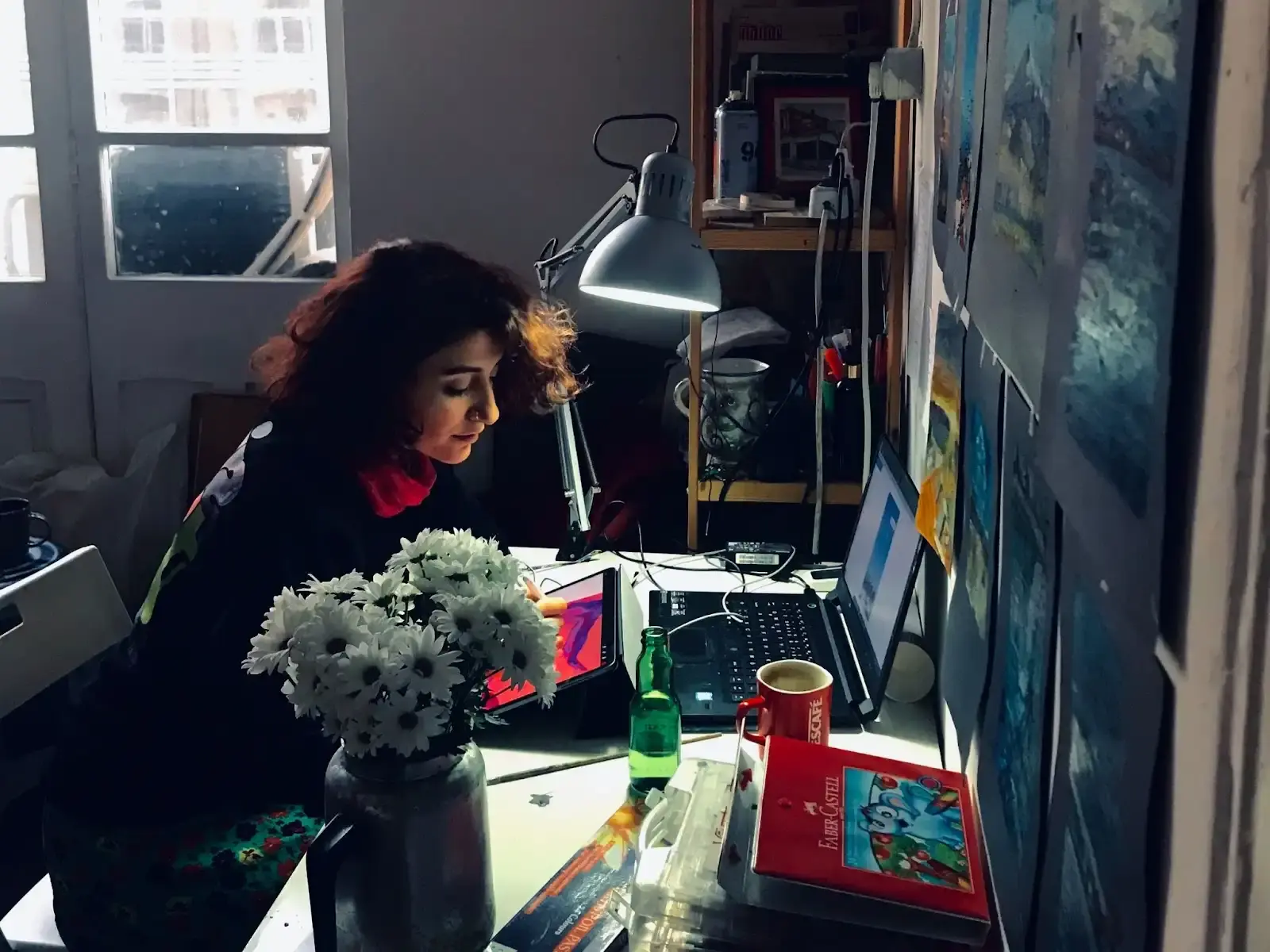
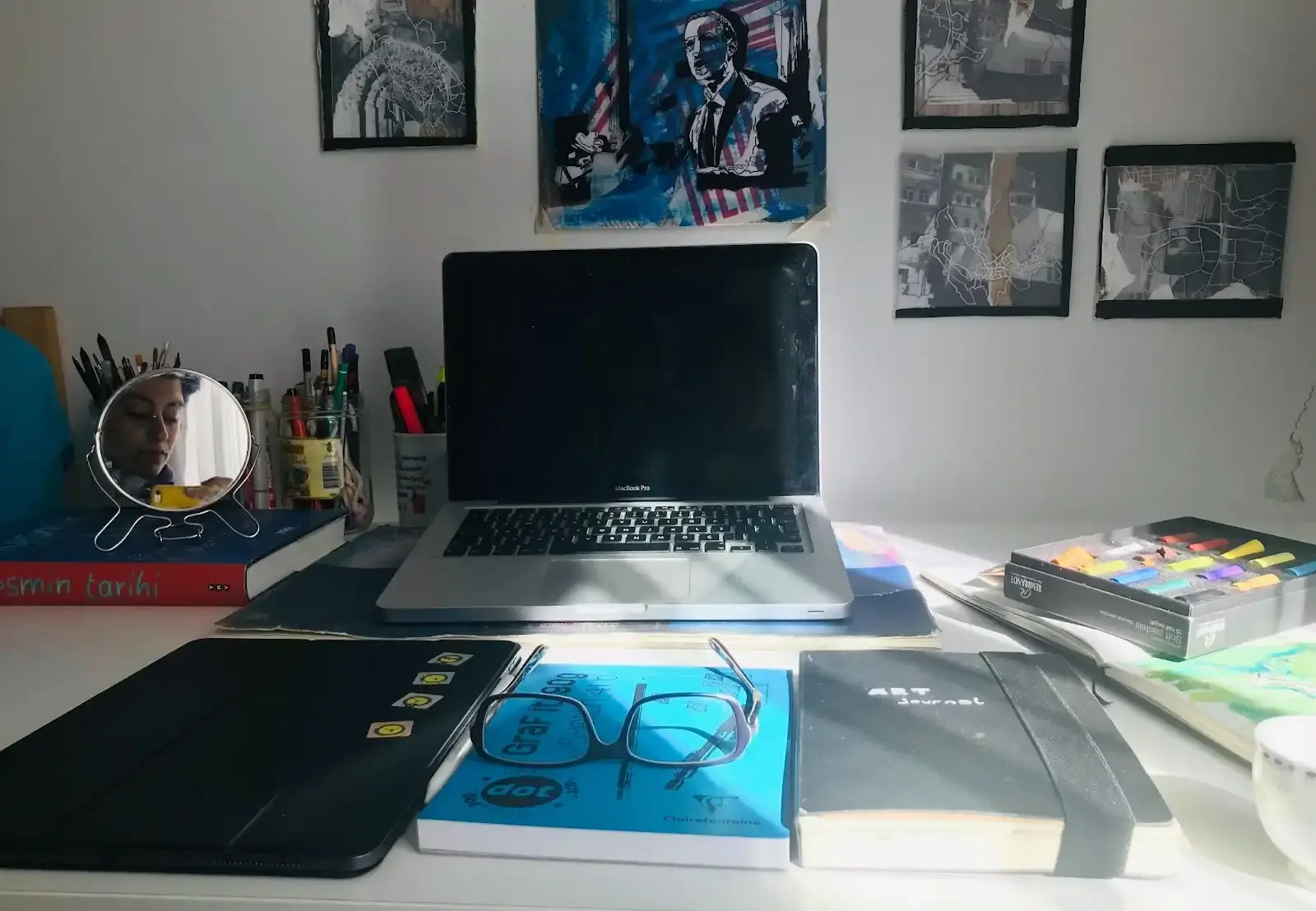
My goals..
Let's close with the continuation of the same poem:
“Bu dünya soğuyacak günün birinde,
hatta bir buz yığını
yahut ölü bir bulut gibi de değil,
boş bir ceviz gibi yuvarlanacak
zifiri karanlıkta uçsuz bucaksız.
Şimdiden çekilecek acısı bunun,
duyulacak mahzunluğu şimdiden.
Böylesine sevilecek bu dünya
"Yaşadım" diyebilmen için…” Nazım Hikmet.
LinkedIn | Fiverr
